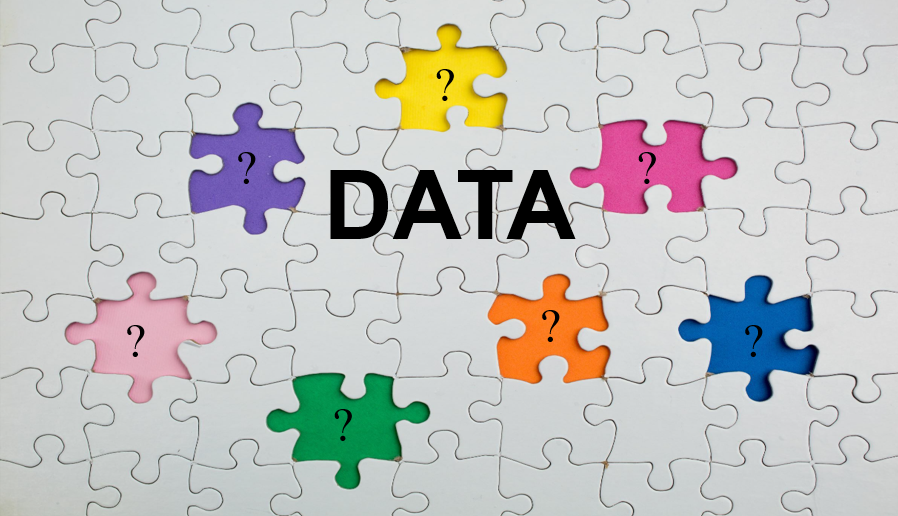Who Profits from My Data and Why Am I Left Out?
- Kehinde Soetan

- Jun 4, 2025
- 3 min read
Updated: Jun 10, 2025

Data is the new currency, arguably more valuable than oil or any other precious stone at the moment. Almost everything we do digitally generates data that can be used to view trends, can be monetised, used to predict human behaviour as well as make decisions that can impact people, organisations, the society and human life.
It’s important to understand what makes data "valuable", the state in which data can be considered valuable and how data can be used - before its termed valuable. For example, one persons data used in isolation is not as valuable as when used alongside millions of other data generated from several other people. This is because isolated data is usually not enough to generate patterns or trends used in decision making - which makes it difficult for a person to “claim” that an organisation has profited from using only their data.
Over the years, its has been the norm for users - while interacting with websites - to “accept” data policy agreements before they will be allowed access to some services provided via a website or inorder for users to have better user experience when interacting with the website. Accepting such “data policys” usually means that a user has "traded-off" its data usage for better user experience or access to some services on the website. This trade-off makes it very difficult for a person to “claim” that an organisation or the website owner has unlawfully monetised the usage of their data.
Furthermore, the World Intellectual Property Organisation (WIPO) describes a patent as an exclusive right granted for an invention. Patents benefit inventors by providing them with the legal protection of their inventions. Personal data on the other hand doesn’t fall into the category of an invention and therefore is not patentable. This should not be interpreted to mean that everything related to data cannot be patented. For example, the method used to collect data, the data analysis method and the process used to store data can be patented. The inability to patent data is the reason why personal data is legally not treated as “private property”. Due to this reason, owners of personal data are usually unable to profit from its use.
Lastly, the discussion about who truly owns data is being down played or down prioritised by most organisations at the moment, as the race to develop the next AI agent (fed by data) is what's on the priority list of most organisations. The intangibility of data and the currently available data regulations/policies do not yet clearly explain revenue sharing as it relates to personal data - which leaves little to no room for data owners to profit from it.
In conclusion, while the ideal world to a few people will be one where every person can profit from the use of their data, a few other people do not care about if they can profit from their data use or not - as long as its properly handled. This differing opinion makes it tricky to answer several questions as regards if a person should profit from the use of their personal data. These questions include but is not limited to: Is it possible for a person to claim ownership over the data used to train an AI model, especially when sure that their personal data is used? Will such a person get the needed attention or compensation if their claim can be proven? Who makes the payment to the personal data owner - the company who used the data to train AI or the company who sold the data to the organisation that used it. Or will the case be treated differently if the “claim” is presented by a group instead of an individual? These and many more questions still need to be answered. So the question “Who Profits from My Data and Why Am I Left Out?”, is one that requires deep thinking as well as collaboration between all parties involved with the handling, usage, management and storing of data - before it can be answered. The good news is - the lack of policies relating to personal data usage will soon be a thing of the past as some data enthusiasts now provide a service where data owners are allowed to sell their data to researchers, organisations and even individual developers for a good price.





Thank you for sharing
Very good
Truly eye-opening and educational more people need to read this, great job!
This is excellent.
It's nice to have someone new on your blog post. I also enjoyed reading this new writer's perspective.